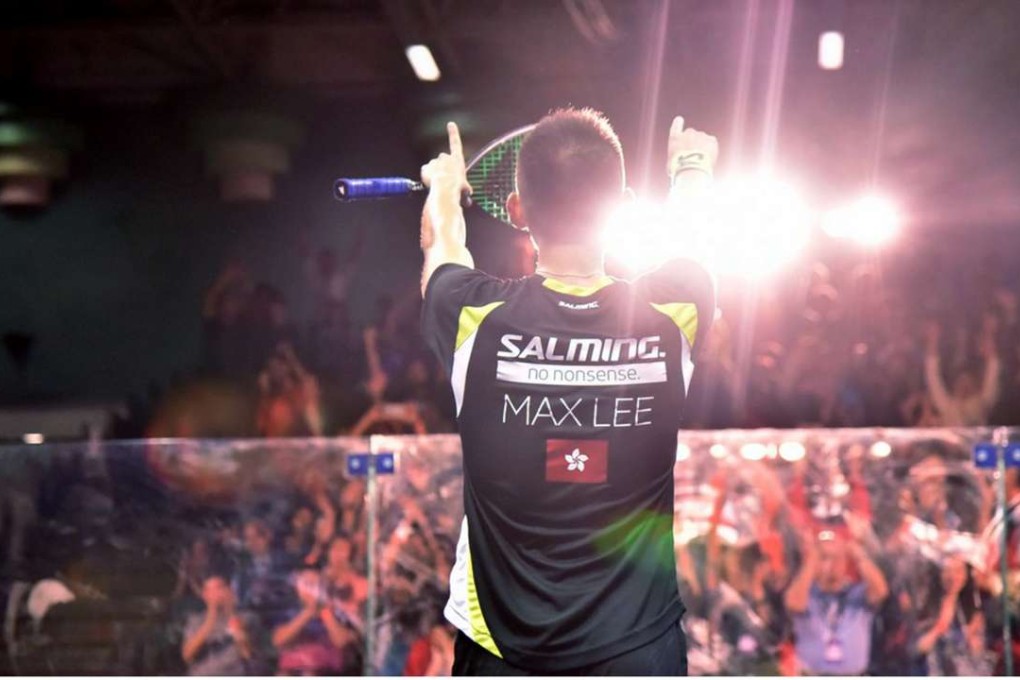Sports lessons from Hong Kong squash: build a strong base, and excellence will follow
Tony Kwok says the experience of local squash shows that sporting success at the highest level really rests on active community involvement and a good feeder system

Nation’s heroes can inspire our athletes to scale new heights
Perhaps some lessons can be drawn from the development of local squash, which takes pride in never importing players and which, through an elaborate feeder system, has succeeded in turning out many world-class players, such as former Asian Games gold medallist Rebecca Chiu Wing-yin; Annie Au Wing-chi, a world top 10 player; 2015 Asian champion Leo Au Chun-ming; Joey Chan Ho-ling; and of course Max Lee.
The development system starts with the promotion of mini squash in primary schools. Many young talents, including some of the current elite players, were identified at this stage. Next, the talented players are offered training at the 30 community clubs across the city, with some progressing to the 20 district training centres. The more promising players will then advance to the regional training centres, of which there are six, and some are picked for professional training at the Hong Kong Sports Institute.

Sports development is going round in circles as Hong Kong chases Olympic success
The critical success factor of this feeder system is that it is based on integrity, openness and fairness. No player can go through the back door to jump any stage.